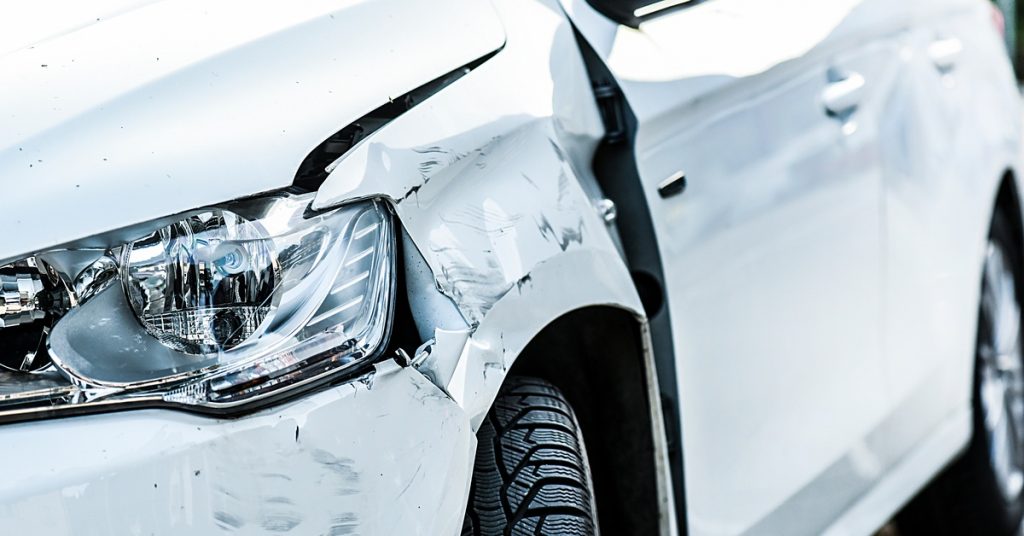Understanding Repair Costs vs. Car Value

Facing a major car repair bill can be daunting. As the numbers climb, a critical question arises: is it worth fixing, or is it time to let go? Making the right decision requires a clear-eyed assessment of repair costs versus your car’s actual value. This guide will walk you through the key factors to consider, helping you make a financially sound choice without the stress.
Understand Your Car’s Actual Value
Before you can weigh your options, you need a realistic understanding of what your car is worth. A car’s value isn’t just what you feel it’s worth; it’s what someone else is willing to pay for it.
You can use online evaluation tools to start the evaluation process; they provide great estimates based on your vehicle’s make, model, mileage, and overall condition. Honesty is best when it comes to this assessment, so answer truthfully to get an accurate result.
If you’re trying to estimate value after an accident, then you need to assess your car’s damage and determine if it’s totaled. A totaled car means the repair costs exceed the vehicle’s value, which means repairs aren’t worth it.
The 50 Percent Rule
A widely used guideline in the auto world is the “50 percent rule.” It’s simple: if the cost of repairs is more than 50% of your car’s value, it’s probably time to consider replacing it.
For example, if your car is worth $5,000 and the required repairs total $3,000, you’ve crossed that threshold. Pouring that much money into an aging vehicle often isn’t a wise investment. You could use that $3,000 as a down payment on a more reliable car, saving you from future headaches and potentially more expensive repairs.
This rule isn’t absolute, but it provides a solid financial framework for making a logical, rather than emotional, decision.
When It Makes Sense To Repair
Even if the repair costs are high, there are situations where fixing your car is still the better option.
You Own the Car Outright
If you have no car payments, your monthly transportation costs are low. Even a significant one-time repair cost of a few thousand dollars might be cheaper over the course of a year than taking on a new car loan. Calculate the total cost of a new car, including the monthly payment, insurance increase, and registration fees, and compare it to the repair bill.
The Repair Adds Significant Value
Not all repairs are equal. Some, like a major engine or transmission rebuild, can extend your car’s life for many years. If the vehicle is otherwise in great shape (no rust, good interior, reliable electronics), investing in a critical repair can be a smart move.
Making the Final Call
Deciding whether to repair or replace your car based on its value is a major financial decision. Start by getting a clear, unbiased picture of your car’s value and a firm quote for the needed repairs.
Apply the 50 percent rule as a starting point, but also consider your personal financial situation, the car’s overall condition, and your long-term needs. From there, you can move forward with confidence and make the best choice for yourself and your wallet.
